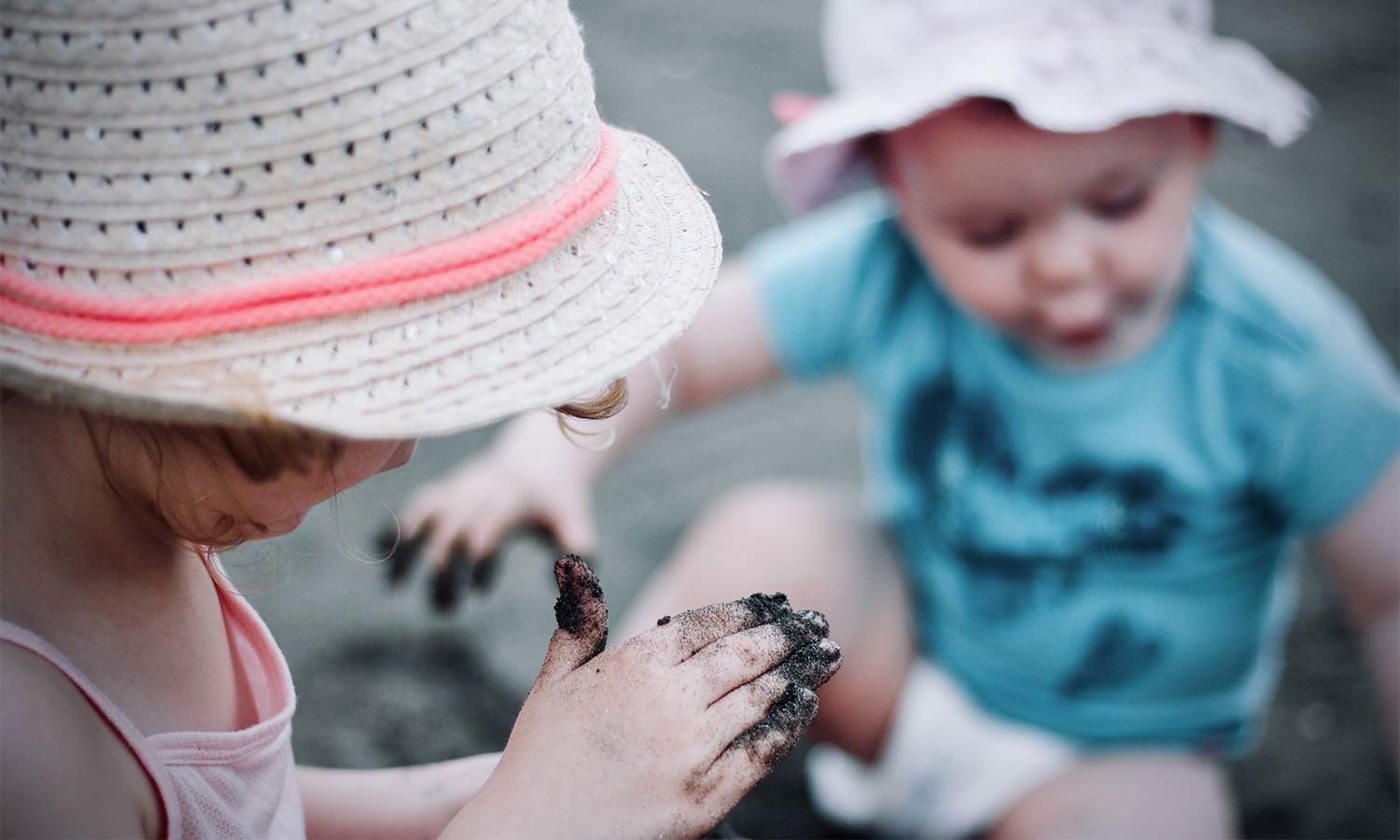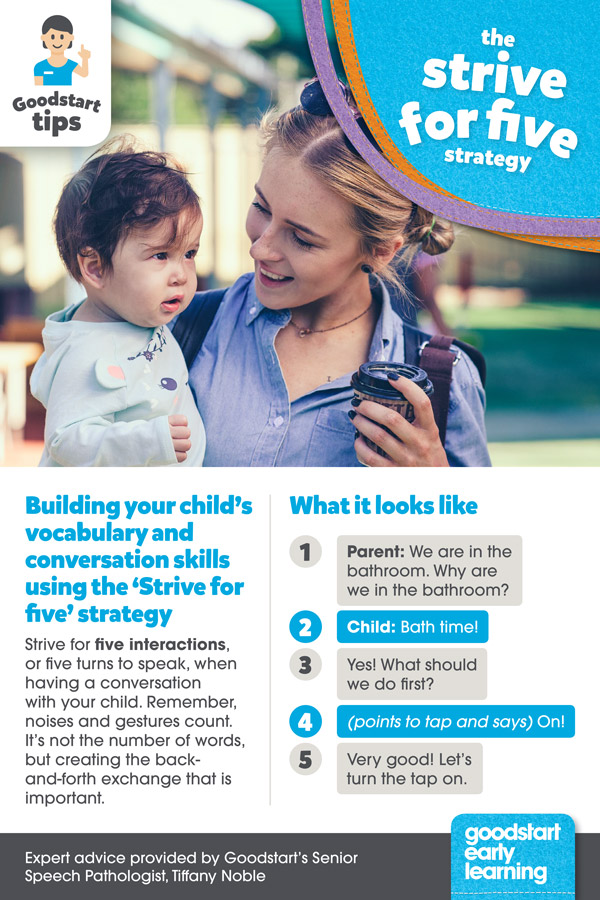Like what you see?
Sign up to receive more free parenting advice.
Thank you for subscribing to our newsletter!
Early Learning

Photo by Jelleke Vanooteghem on Unsplash
Children meet each day with wonder and hundreds of questions that help them learn and understand the world around them.
Why is the sky blue?
What’s that person doing?
Why are you singing to Taylor Swift?
Why is the music so loud?
The reason your child might ask you questions like this is because they are making sense of the world. They are just beginning to learn and the “why” questions help spur and accelerate their learning.
Child specialists say questions like these offer the perfect opportunity to share a “teachable moment” with your child.
The term ‘teachable moment’ refers to a stage in your child’s development when he or she is ready to learn a new concept or skill.
Making the most of those moments gives you the chance to offer insight to children and pass on information informally.
While the term is used more commonly in the early learning centre than at home, more parents are taking an active interest in their child’s education, leading to teachable moments in the home.
Teachable moments can happen spontaneously – you just have to be aware of them. They could be questions:
Why do butterflies fly?
Why is it raining?
Why do we have to eat?
Another example could be when you’re watching the news and a story comes on about Cyclone Debbie creating an ideal moment to talk to your child about super storms and how they develop.
The great thing about this form of learning is that they can promote and build on your relationship with your child.
In 1953, Robert Havighurst published his book, Human Development and Education, which talks about these moments in the context of the child needing to be ready to learn.
“When the timing is right, the ability to learn a particular task will be possible. This is referred to as a “teachable moment”, his books says. “It is important to keep in mind that unless the time is right, learning will not occur.”
Greg Antcliff, a highly respected education expert, who is Goodstart Early Learning’s National Manager of Professional Practice, says using a child’s interest and natural motivation to learn new things will maximise opportunities.
And it’s not only a bonus for your relationships. Making the most of teachable moments from an early age can give children a good head start for a range of academic outcomes. It can also:
- Encourage language development
- Increase the quality of time you spend with your kids
- Help kids develop skills and confidence for reading
- Increase academic success.
- Be fun for everyone
So how can parents identify teachable learnings?
Greg says the first step in identifying teachable learnings is to identify children’s interests and talk about everyday activities such as routines, rest or meal times.
Try pointing out words from other languages, and encourage children to say them and point out letters, words and symbols.
“Parents can also use the strategy of thinking out loud where they may say ‘I think it might rain’ and then wait for the child to respond. They might say `the clouds are grey’, and then you would respond with: `we could take an umbrella’ and wait for the next initiative.”
Encouraging children to engage in conversation five times can help promote language development and parents can strive to keep the conversation going back and forth five times.
Strive for Five Strategy

“Tuning into the environment around the child is useful because it lets children know they can obtain information from reading, watching and paying attention to the small things,” Greg says.
But he also says there are some guidelines. Teachable moments work best in bite-sized moments and with younger kids, it works best for just one to two minute interactions used frequently throughout the day.
If you want to try to encourage more teachable moments around the house, here are some tips:
- Read magazines, newspapers, instructions, signs and maps and discuss them with your child, answering their questions as you go.
- Point out words from other languages, for example an Aboriginal word for children from the Gunnai people in Victoria is "boorai".
- Listen and talk about sounds in the environment and encourage them to talk about what they can see and hear.
- Encourage your child to talk about what’s happening in the books, or in movies, in songs and rhymes.
- Talk about the weather and what you should wear, whether to take an umbrella or put on gumboots or a hat
- Copy sounds that you hear and encourage your child to do the same.
- Talk about everyday activities, such as lunch time.
- Names things, action and people so that children learn about relatives, friends and people they come across in the community.
- Use lots of descriptive language – such as the size of objects, the colour and the shape.
- Help children get to know their names, especially the first letter.
- Play games that help children notice details – such as the red sports car, or the lady in the red shoes.
If you do decide to up the ante when it comes to teachable moments, there are a few key things to remember. You don’t want to bombard your child because they’ll end up tuning out. Instead, choose topics they’re interested in and if they lose interest, move on.
Get Advice
Real parents. Real problems. We’re here with a group of leading early learning and parenting professionals to answer your questions.



